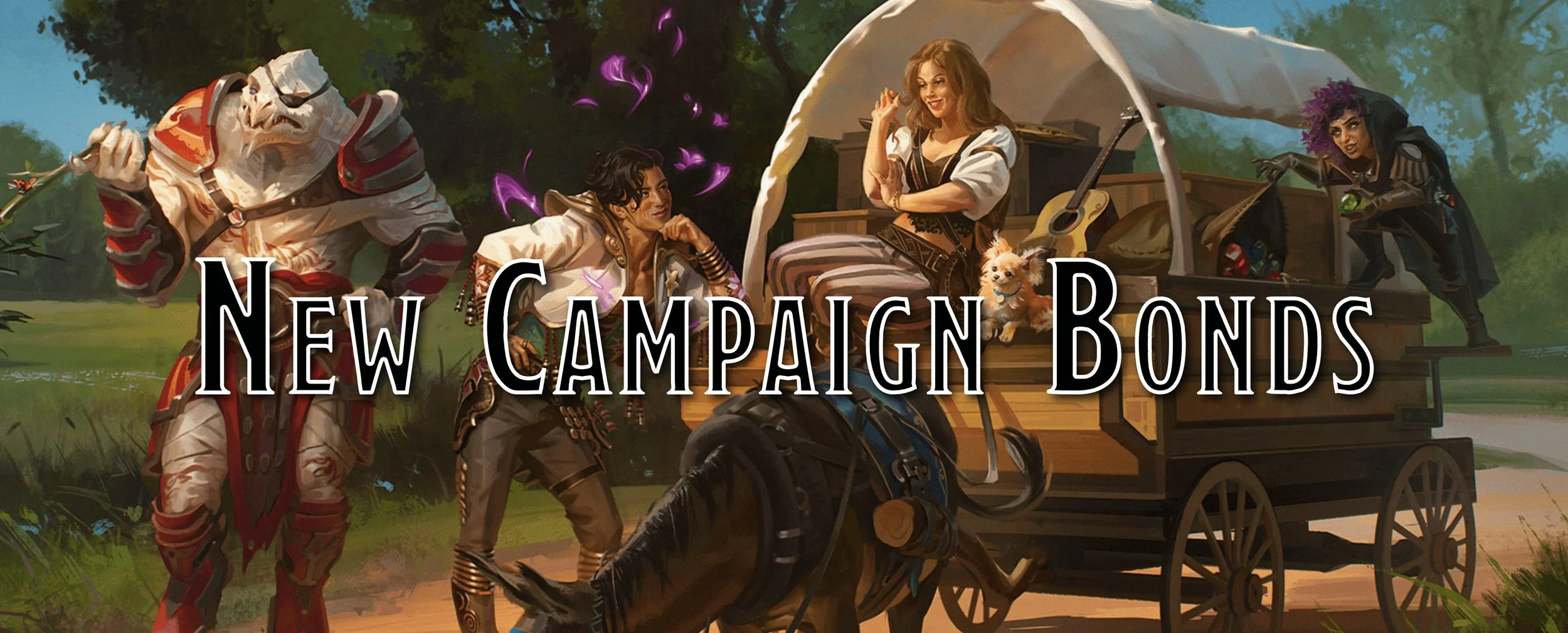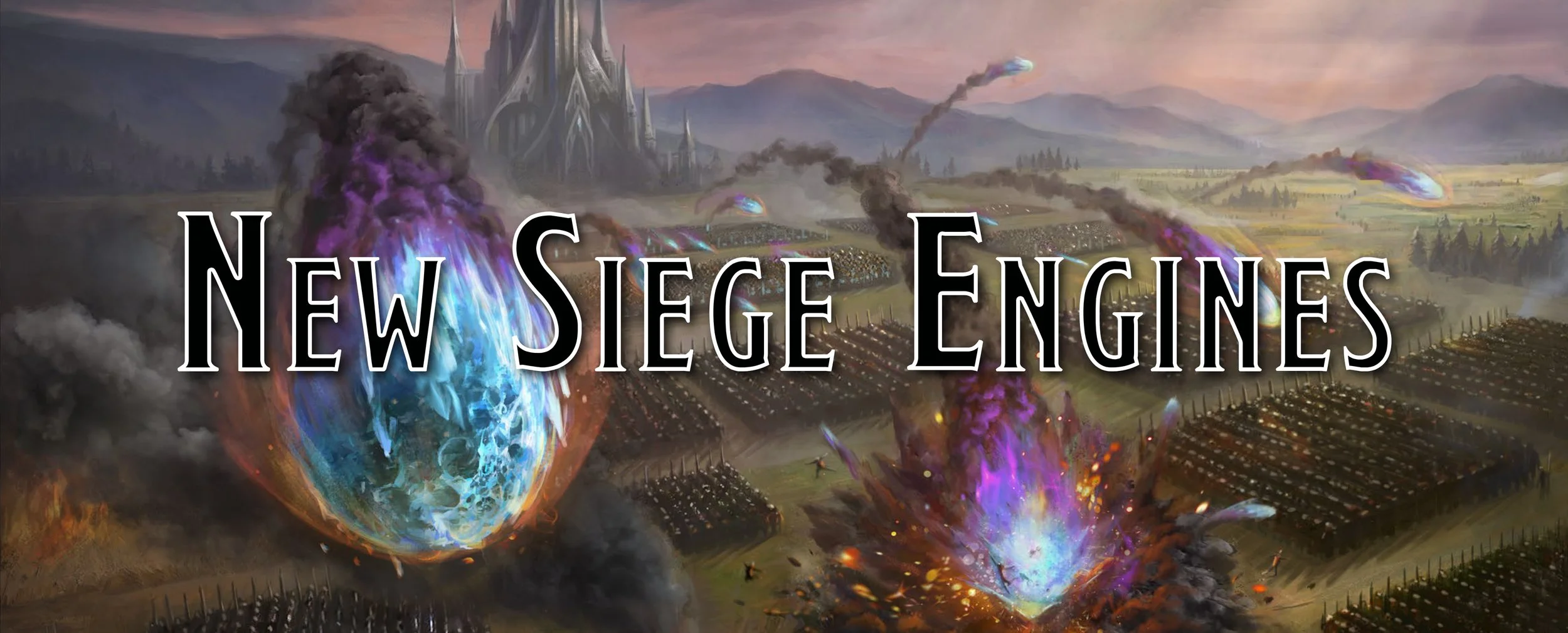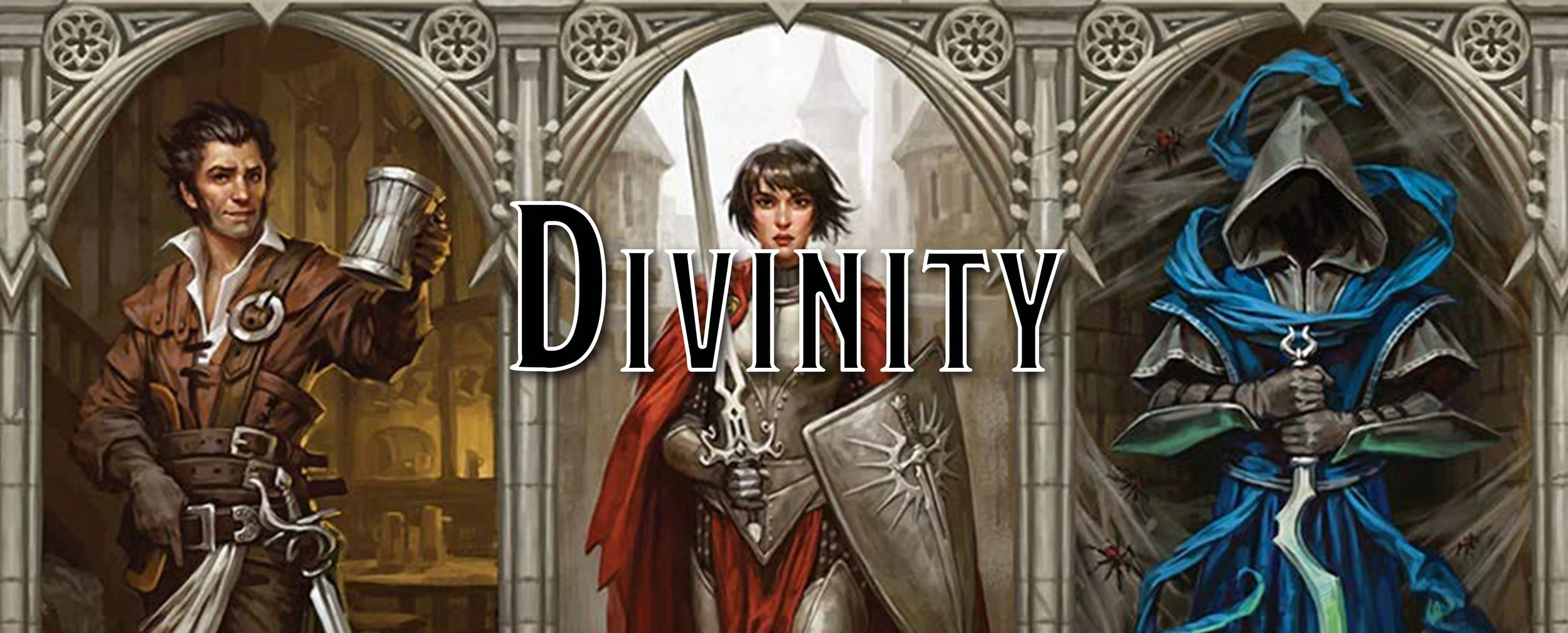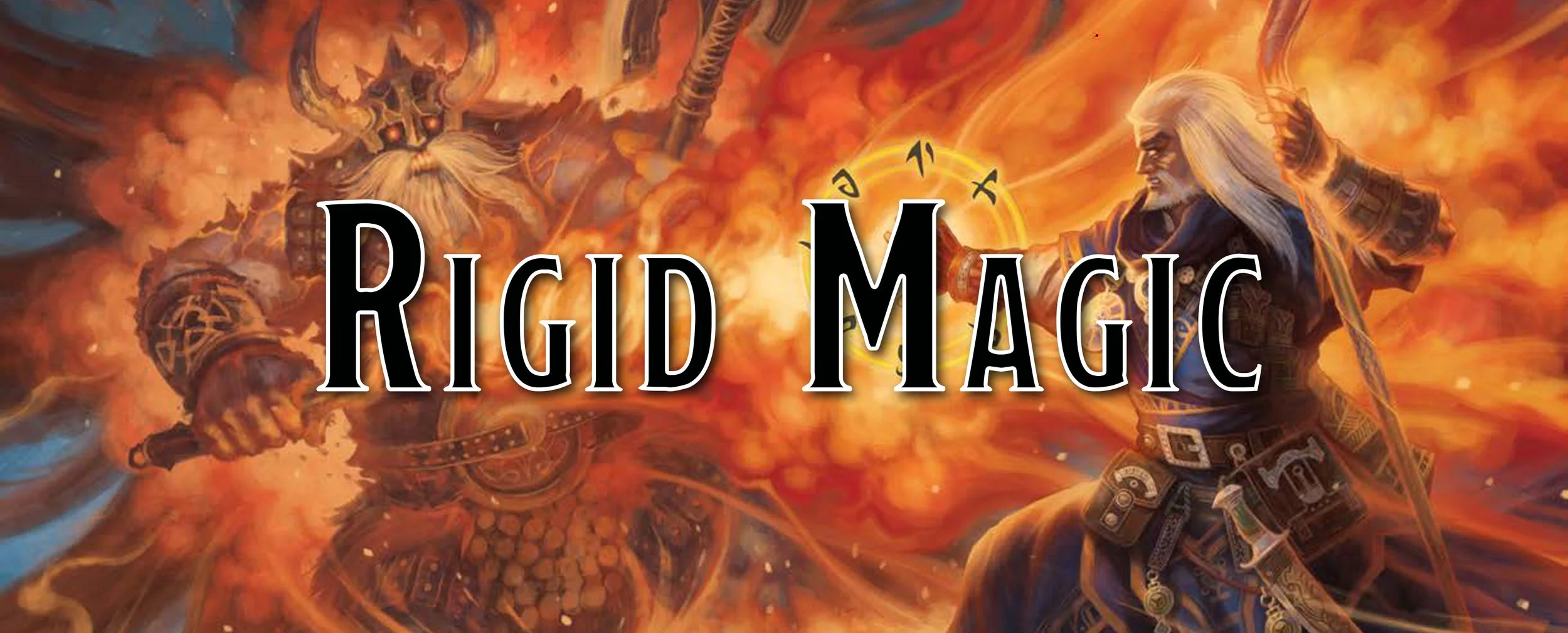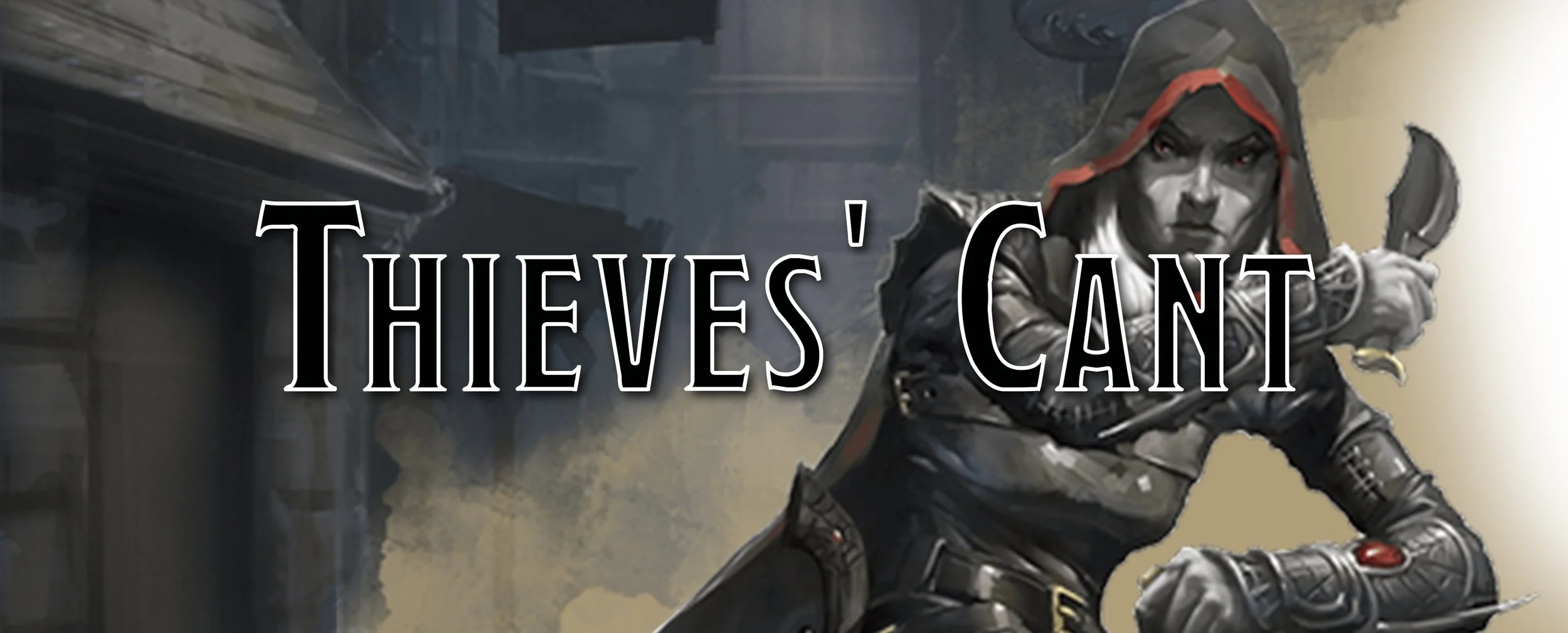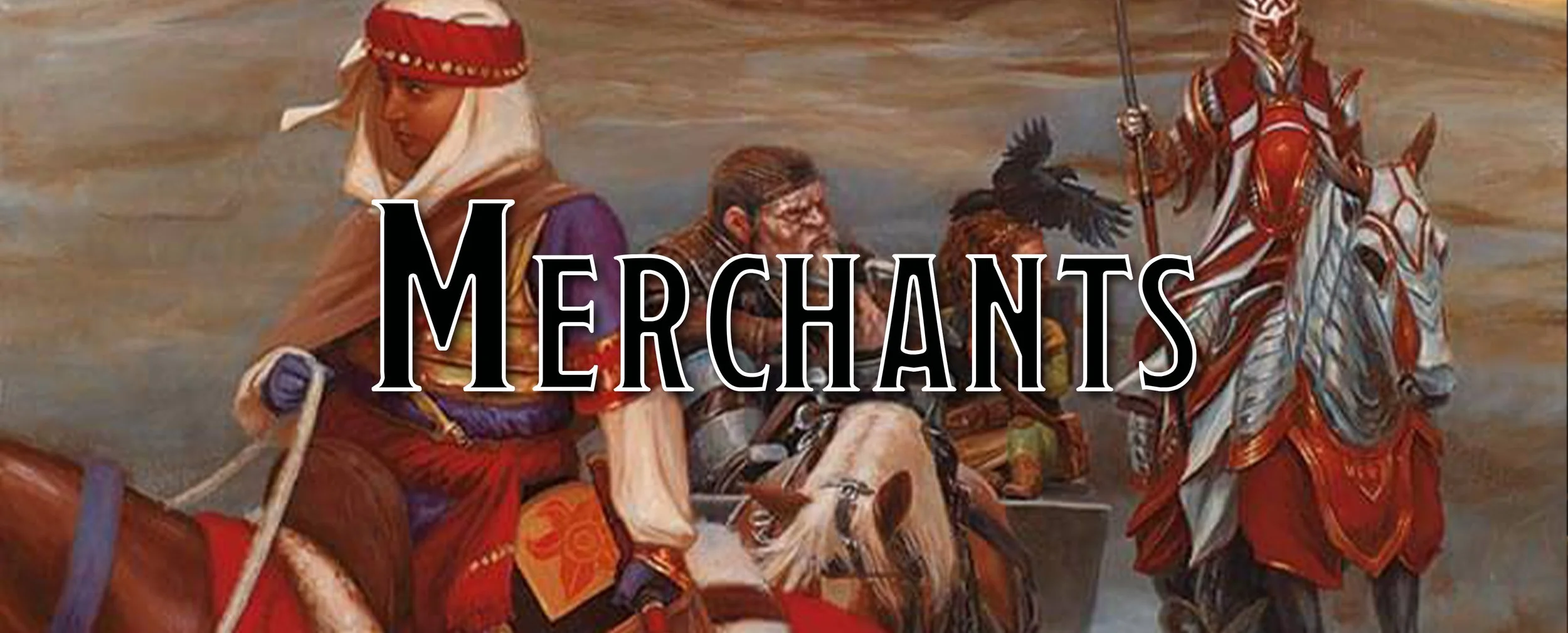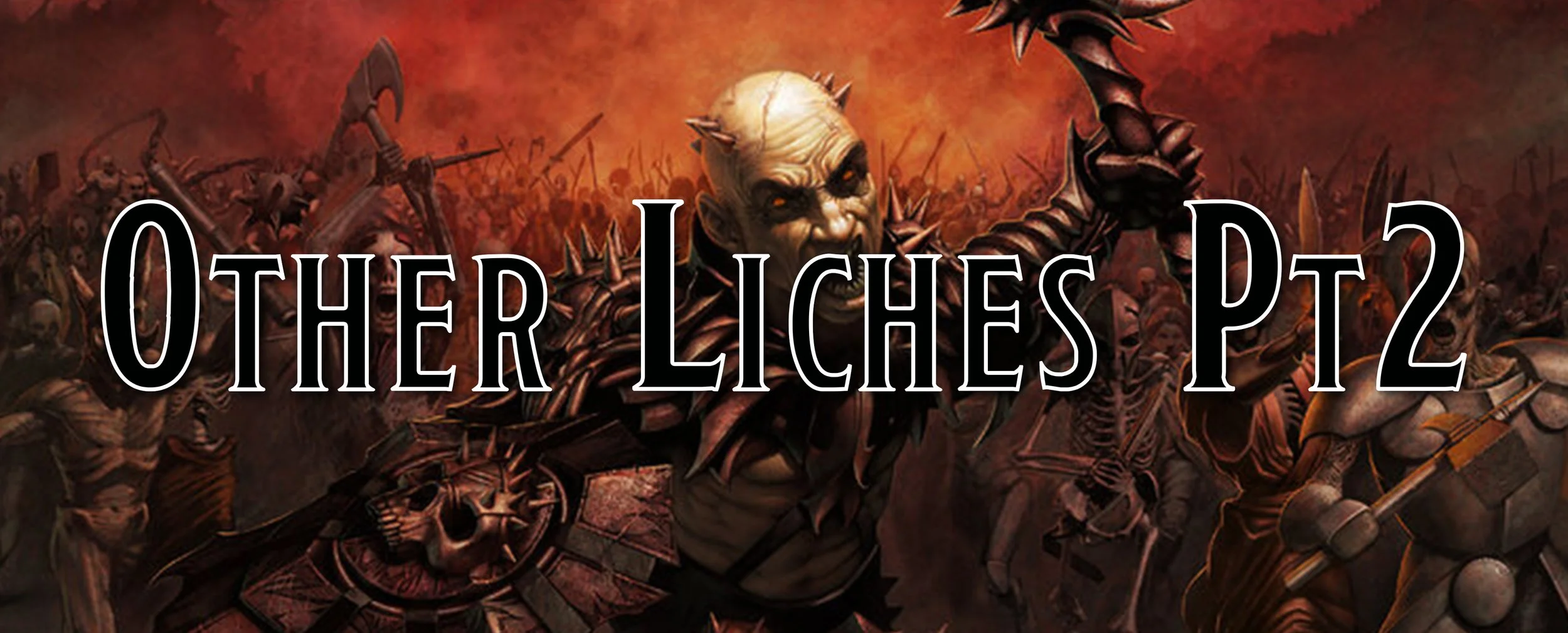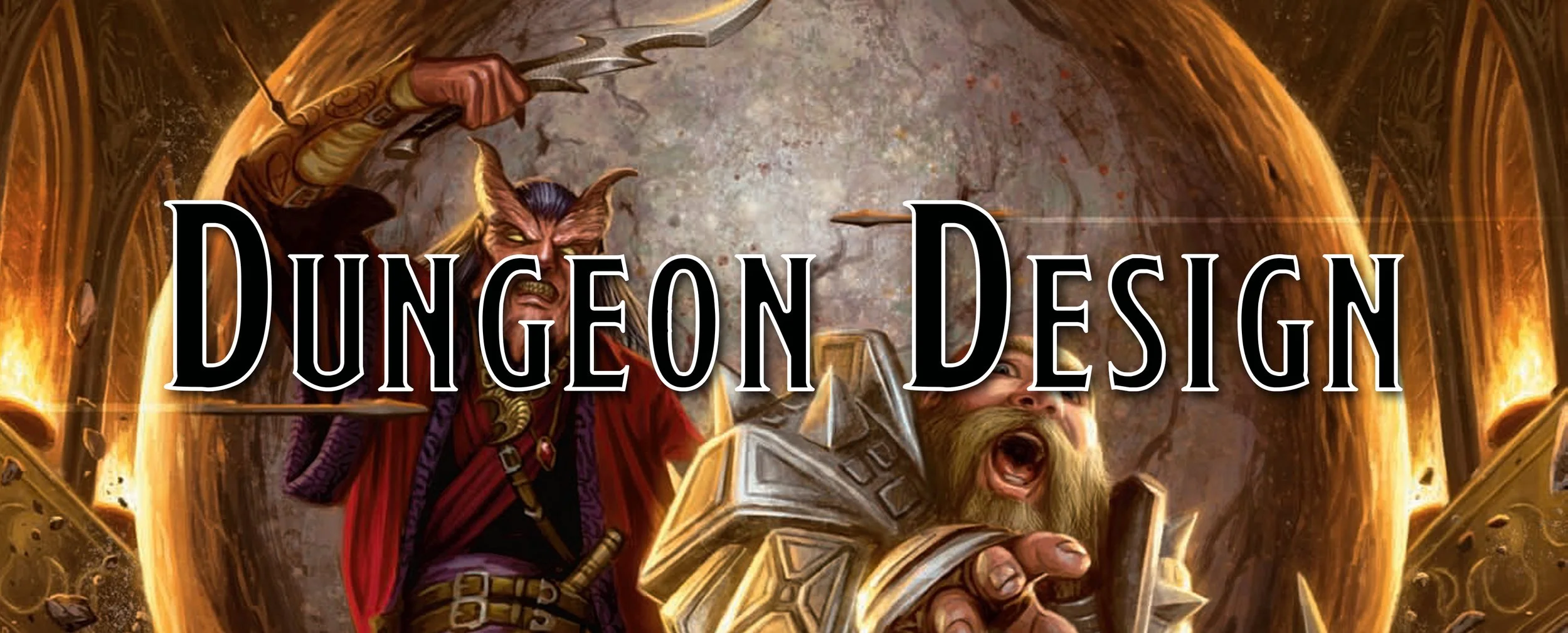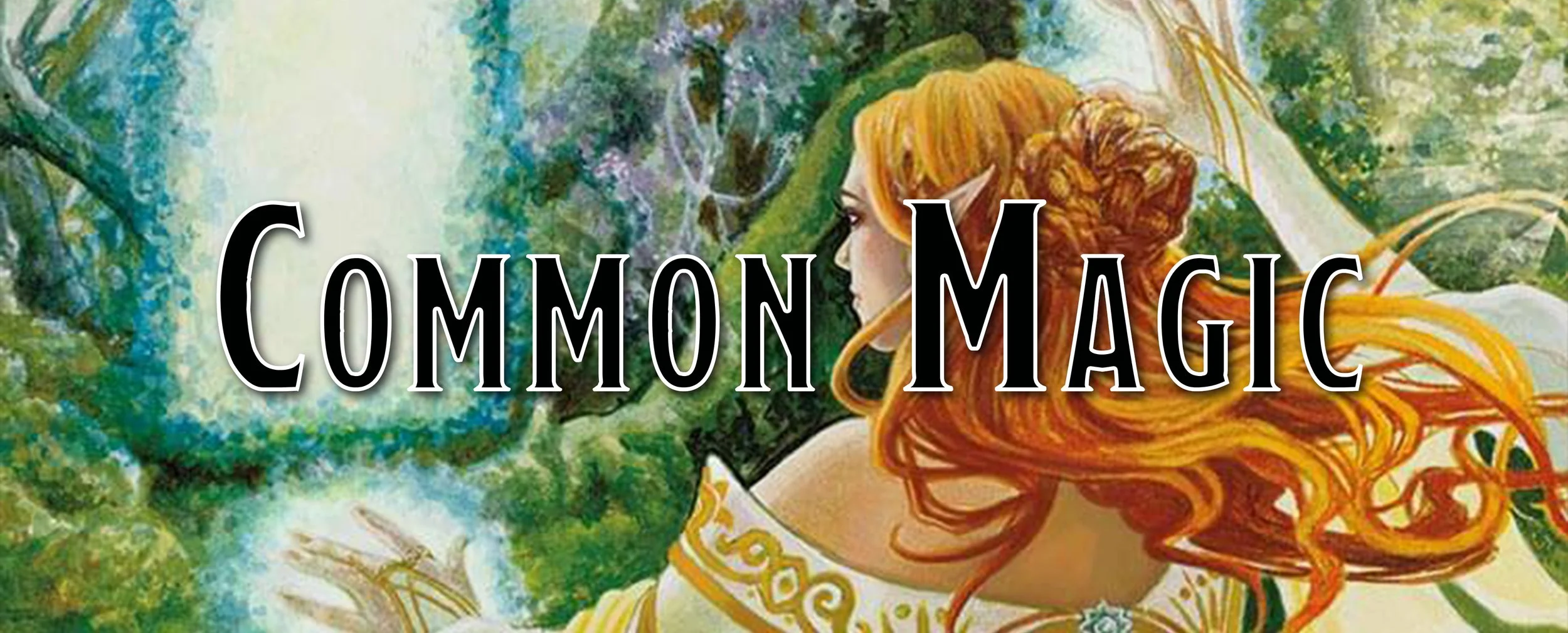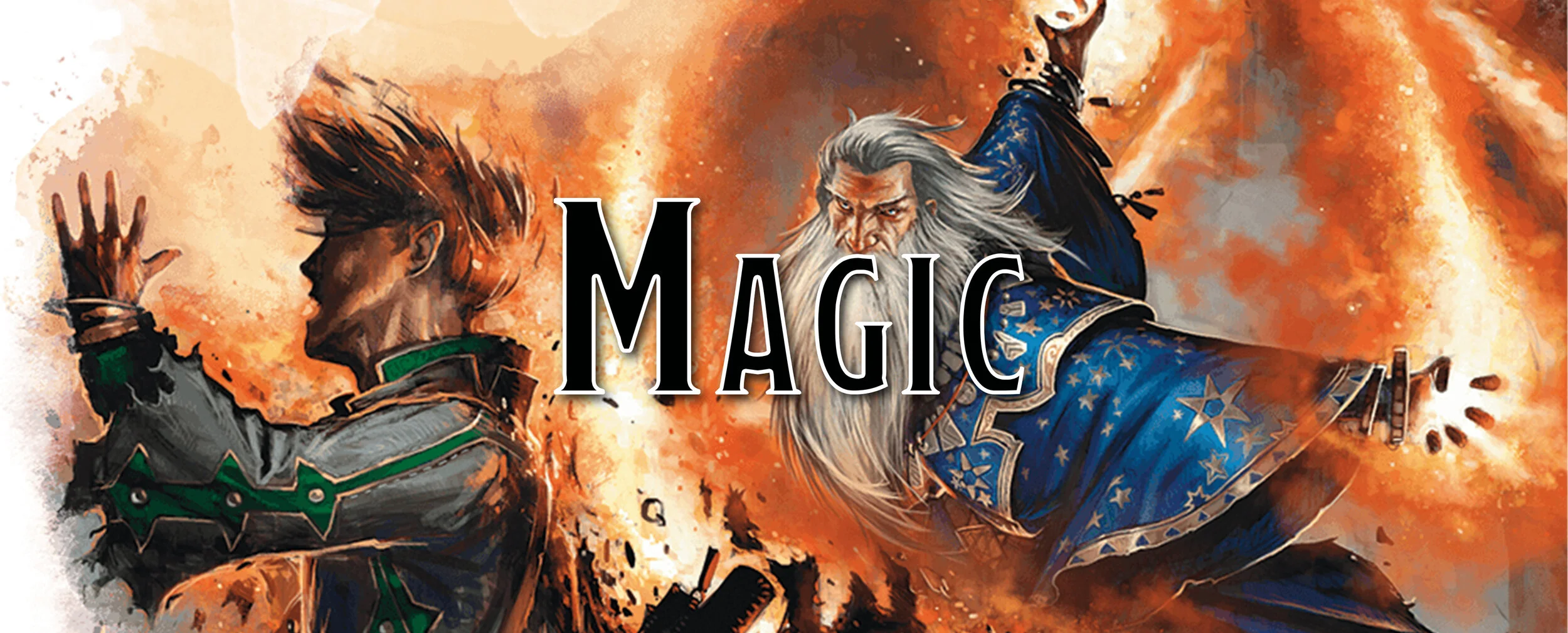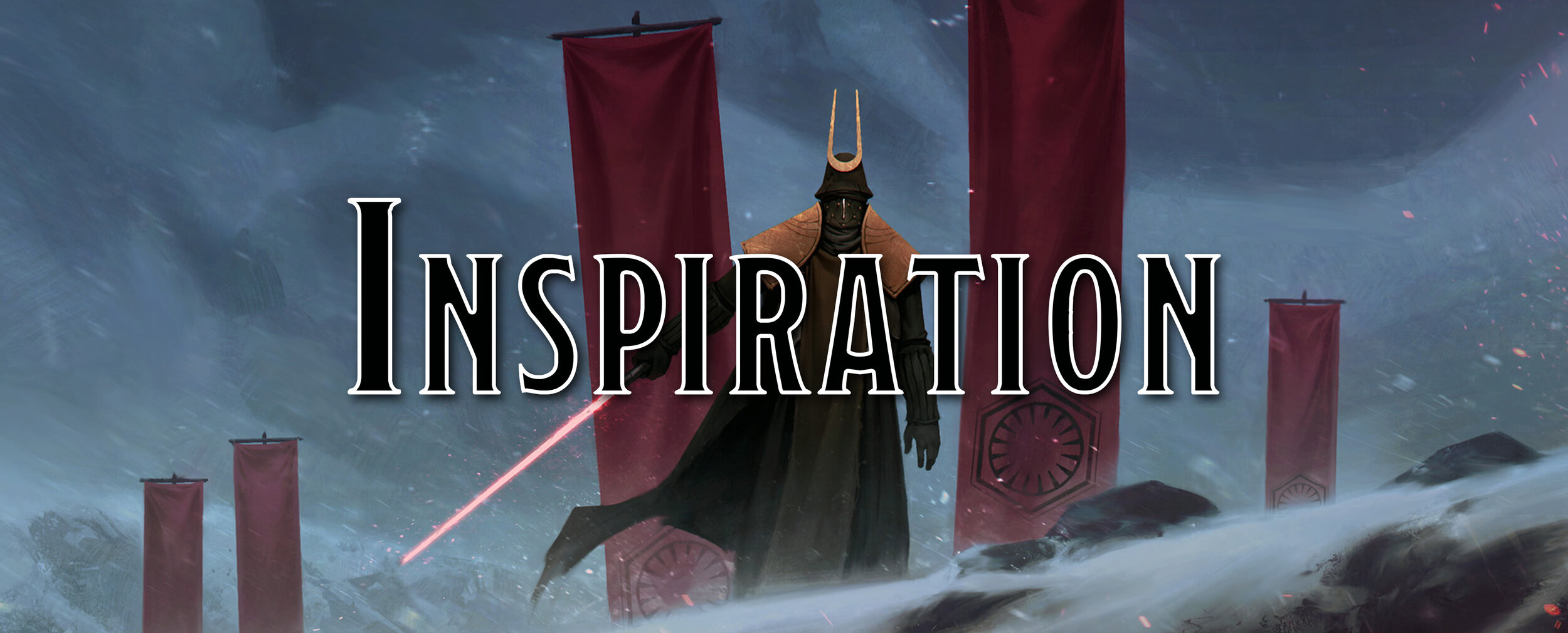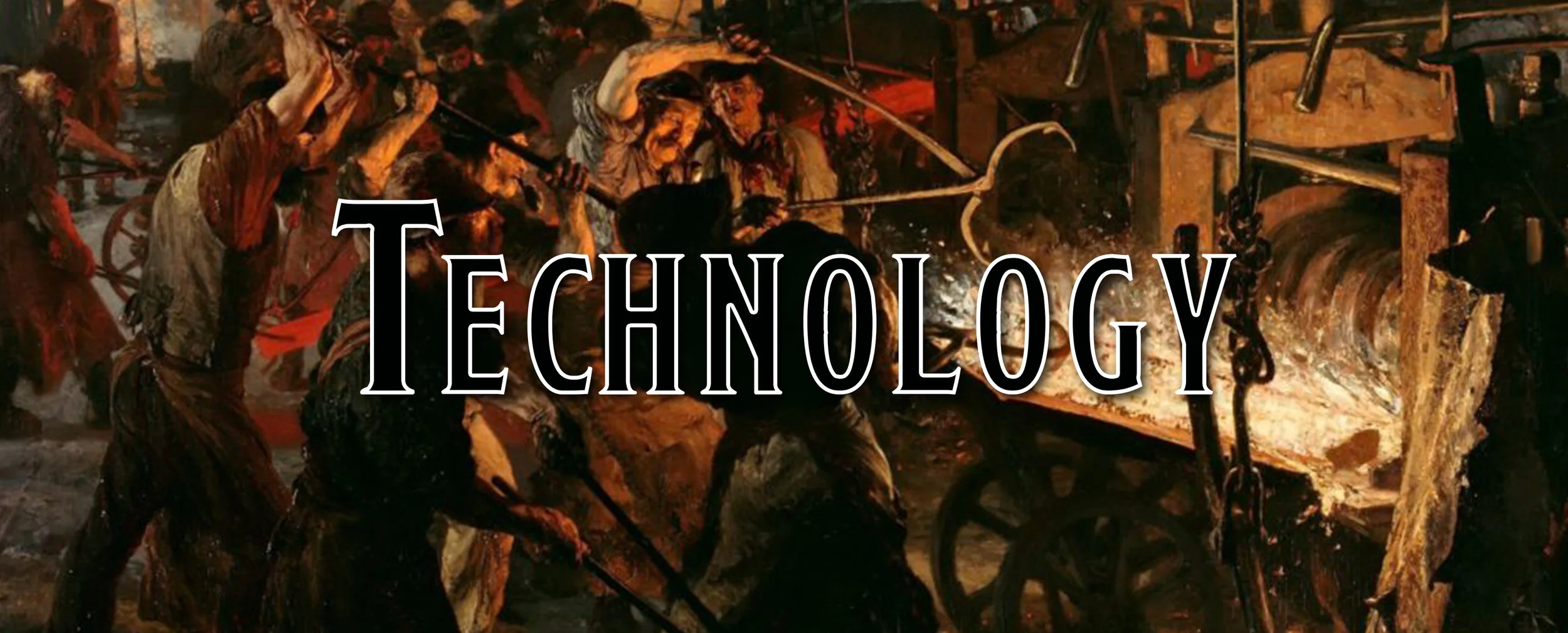Guide to World Building - Pantheons
I had initially planned to talk about nation-building, but I’ve decided instead to shift focus a bit and discuss pantheons, but fear not, nation-building can be very important for gods. Pantheons are a collection of gods for a group of people or a religion, meaning a world could have dozens or hundreds of pantheons or a singular pantheon that watches over the world. They could be involved in the day-to-day lives of the people who worship them or could be constantly squabbling among each other, sending their proxies to die off in waves against one another.
There are a few different ways of thinking about gods. Some worlds may have only a few very concrete gods that are responsible for the birth of the world, the creation of its people, and protecting the world from horrible forces. Other worlds may have a constant war between the gods that spill over into the world of mortals. Others may have been forgotten by the gods, or the world has forgotten their gods. The gods might all be dead, or the world has never suffered a death of its pantheon.
Part 1 - Concepts
Think about the world and how you want beings of ultimate power to live inside of it. Are these individuals flawed? In what way might they be flawed? Perhaps they are harbingers of ultimate good? Can these beings be evil? This part isn’t focused on creating individual gods, but rather on how your gods might function in your world.
In some pantheons, there might not be evil gods but rather the pantheon sees all evil creatures as primordials or devils - or maybe there are three pantheons; one for good, one for neutral, and one for evil.
You might even make it so that each nation has its own pantheon, but that could quickly spiral out of control as new gods are required for dozens of nations in far off lands that all seem to be quite similar to each other and occupy the same roles. Then again, creating a single being for each nation might be far easier, but then it raises the question of what happens to a god when their nation is over-run and conquered.
There are a few other questions to ask yourself as you think about your pantheon.
What happens if a god dies? Have there been destroyed gods?
What role do gods have in the world? Are they personally involved in politics or events? Do they rely on proxies to do all their work while they focus on their tasks, keeping them from paying the world much heed?
Are clerics their only way to access the world? Is there something stopping them from coming to the world and walking upon its surface?
What do people think of clerics? Is it a mixture of fear and awe? Can there be a lot of clerics or is it limited? If it’s limited, could a god’s ability to control events in the world be crippled if you killed all their clerics? Would that be a monumental task?
Are the rules the same for every god or are there those that get special treatment, either because they are so powerful or because they tricked their way into it? What does this special treatment look right?
Do gods represent every aspect of life? Watching over domains from farmers to mountains, and from knowledge to war?
Are your gods all divine beings who exist by belief? Or can there be gods from the elemental planes, often thought of as primordials, who are about existence instead of belief? Are there other types of powers? What form do they take?
Does anyone have the potential to be a god? Or are there no new gods?
Talia’s pantheons are a mismatch of gods, primordials, daemons, numens, and elder evils who have varying amounts of control on the world. They are known as nascent beings as they typically have no form until a great need in the world spurns them into life, an event that happened reguraly in the beginning when the world was created, though it still happens very rarely in more modern times. The powers are less powerful than the ‘established’ gods that occupy the Outer Plane and watch over other worlds, and so they spend most of their time on Talia focusing on what’s important to them. They don’t typically interact in events, instead granting their clerics special powers or powerful relics to help push their goals while they watch.
Part 2 - Laying Them Out
After you’ve ruminated on what makes your pantheon unique and how they interact with the world, you can then start thinking about what gods you want and what they watch over. If you are using an RPG, it might already have a few default assumptions about what aspects of life gods are focused on. This can be helpful to provide some direction when deciding your initial gods and then you can start expanding from there.
For Dungeons & Dragons 5e, the Player’s Handbook first introduces Knowledge, Life, Light, Nature, Tempest, Trickery, and War.
For Pathfinder 2e, the Core Rulebook introduces Ambition, Air, Cities, Confidence, Creation, Darkness, Death, Destruction, Dreams, Earth, Family, Fate, Fire, Freedom, Healing, Indulgence, Knowledge, Luck, Magic, Might, Moon, Nature, Nightmares, Pain, Passion, Perfection, Protection, Secrecy, Sun, Travel, Trickery, Truth, Tyranny, Undeath, Water, Wealth, and Zeal.
My list for what gods need to be created is slightly different, but have several similarities between the two examples above. In no particular order of importance, here are a few important sections of life that adventurers are most likely to encounter.
Death / Is there a psychopomp responsible for bringing souls to the afterlife? Is there reincarnation? If so, is there a god in charge of where those souls end up?
Destruction / This could go by many names, but a generic term is just a destroyer. Someone that wants to see chaos form and society crumbles. Often their clerics could be the ‘bad guys’.
Fate / Does prophecy and future-seeing function in the world? Is there someone in charge of it and does the clerics gain this ability?
Knowledge / Who keeps track of all the knowledge in the world? Are they open with their knowledge or very secretive?
Life / In a small pantheon, this could be the same god who watches over death, or there could be dozens of gods who all watch over life.
War / Is there a nation that is all about war? Is it cause there is a god manipulating things behind the scenes?
I find the above to be some of the more important gods in a pantheon, but your world might be different. The ocean waves might be super important, in which case a god of water or waves could be a higher priority to create.
Talia has a wide range of deities that focus on war, food, the elements that created the world, life, death, and even a deity of the moons that hang above the world.
Names
Coming up with names is hard, at least I struggle a lot with it. You’re probably not going to create a god named Steve or Jim, as you want more ‘appropriate’ names for such beings. What I do is go over to google translate and type a few keywords about what the god is about and then switch between different languages. This can be helpful if you are trying to get a specific flavor from a god, like if you want your god to be inspired by ancient Egypt, from Japan, or from Latin America. You can then take those translated words and smoosh them together to create a name from it.
Talia has a god of war known as Bellum, which is latin for war. This god oversees the hobgoblins and in my world, the hobgoblins have a very roman-esque army and miliatry that Bellum commands.
Part 3 - Connections
Once you’ve started creating a few different gods, you can then begin thinking about how they feel about the other gods you have created. You don’t have to go down the list of gods and decide each relationship status, because it’d pry be “It’s Complicated” for a bunch of them.
Instead, pick a few gods and think about how they interact with each other. Do the war gods hate each other? Or maybe they have a friendly rivalry between each other and are constantly sending their armies crashing against each other. While both want to conquer, they’d hate to see their rival completely wiped out.
Or perhaps a god of knowledge is a hoarder of secrets and a god of undeath wants to know the secrets of life. That the god of undeath has sent a god of assassins to kill, or at least really maim, the god of knowledge.
These relationships don’t need to be super complicated, but gods are living beings with feelings and opinions about their peers. They may even be in love with a god, maybe one that is their opposite a la Romeo & Juliet. Their origin story could have to do with their love for one another and how they were separated when they became gods.
These connections can help those in your world connect with others. If there is a friendliness between two gods, it can be a chance for adventurers to communicate with others or seek healing at another temple.
The god of knowledge, Almeari, has a close connection with Jibrail, a god of prophecy. In fact, many think of them as lovers. On the other hand, a numen of deals, known as Mykane, is often keeping track of a daemon of assassins, Dhanar, to ensure that he keeps to his contracts and doesn’t break his oaths. Mykane is often hated by assassins, but still deeply respected by them.
Part 4 - History and Influence
Now that you have a few gods to work with, you can then start placing them in your world. How has their influence shaped the world? Are they responsible for geographic changes? Are they responsible for nations being built or building their capitals in strange locations?
What about a gods history? Have they always occupied the same lands or are they from far away? Have they journeyed to the other side of the world? What would a journey like that look like?
These questions can help further detail how gods exist and operate in your land, but aren’t the only questions to help that. You can think about how they were first formed, and if they were there at the beginning of the world. Then start going through their history until the present time. Did they have rivalries? Did they stick to themself and not worry about the drama with other gods?
What’s Next
There are hundreds of more questions you’ll ask yourself, and your creations, as you continue to make your world. Don’t get discouraged if you don’t have answers for everything or if you haven’t thought about certain questions or how everything works in your world. Most of the questions may never show up in a game, making it not important to have an immediate answer - instead, these are just helpful to think on and toss around ideas in your head.
Next time, we will be looking at nations. Maybe. We’ll find out next time!
Like what we are doing here?
Support us on Patreon!
You’ll get early access to deep dives, our Homebrew Hoard, monster stat blocks and more!
Follow us on Twitter to keep up to date on everything we talk about!


